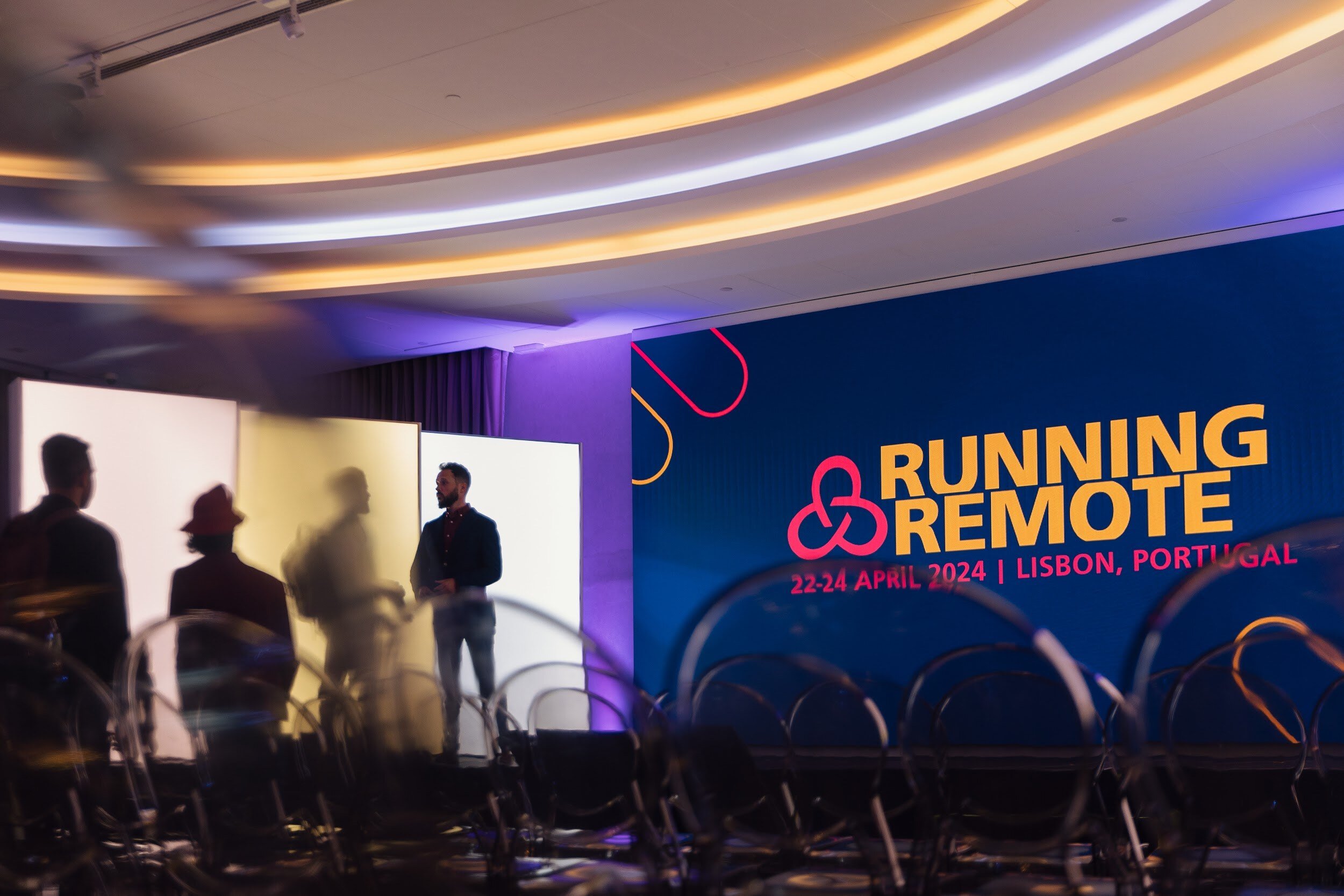Our world often prioritizes work over life. At Tulsa Remote, we believe this concept should be reversed. "Life-work" balance is the idea that well-being and taking care of your whole self should take precedence over work responsibilities.
This month, as we recognize Mental Health Awareness, I’m taking a closer look at the relationship between remote work and mental health and how an emphasis on “life-work” balance can help individuals excel both personally and professionally.
Last year, FlexJobs surveyed over 5,600 working professionals to understand the impact of recent workforce changes on mental health and their attitudes toward remote work. Respondents shared how various working arrangements affected their mental health and highlighted the numerous benefits they experience from remote work.
The biggest takeaway? Ninety-six percent of respondents shared that a remote or hybrid working arrangement best supports their mental health. I was curious to learn more about our community’s experiences and conducted some research with Tulsa Remoters to learn more about which facets of remote work most significantly impact their mental health.
Commuting
The average commute time in the United States is about 27 minutes each way. The longer or more difficult the commute, the higher the probability of unpredictable stress, anxiety, and decreased job satisfaction.
For Tulsa Remote member Tanisha Williams, an Instructional Design and Technology Consultant, her two-hour commute to work in New York City was incredibly draining. Not only was she working a full day inside her stale office, but she was spending four hours of her day in the car.
Tanisha says, “I was deficient in Vitamin D and felt like I wasn’t ever able to take a true mental break from work and find fulfillment outside my office walls.” One day during her commute, she had a lightbulb moment and asked herself, “What am I doing? I am driving to and from an office where I am on virtual calls all day - there has to be something more than this.”
She transitioned to a role that didn’t require her to be in the office or commute. Then, she began to look for opportunities to get out of New York and discovered Tulsa. Since moving, Tanisha reports she’s been able to prioritize her mental health.
Instead of drinking an energy drink or a fourth cup of coffee when she needs an afternoon pick-me-up, she sits in her backyard and feels the grass, takes a breath, and listens to the birds to get her creative juices flowing again, something she could never have imagined in New York!

A More Personalized Work Environment
Offices are designed to suit the needs of the majority, but that doesn’t mean they are the best fit for everyone. For individuals like Rebekah Strauser, the office is extremely over-stimulating.
Rebekah says, “Remote work changed the work game for me. I’m AuDHD (autistic and ADHD), and I would spend the vast majority of my day at the office trying to regulate myself, which made accomplishing work almost impossible. I would really only be able to get work done when the office was really quiet or when I worked from home on Fridays. Going to work every day was absolutely exhausting. But working from home eliminates all of those overstimulations.
Now, I can get into a work groove and not worry about interruptions. It has also allowed me to work in the way that works best for me. Not being in the office means I don’t have to push myself past the point of mental exhaustion, which also really helps my mood.”
Rebekah isn’t the only one finding she’s more productive at home than at the office.
A report done by Scoop at the end of 2023 shows that between 2020 and 2022, companies that were fully flexible saw their revenue grow by 21%, much higher than the 5% growth recorded by those that required in-person work.

Reducing Stress and Expanding Time for Passions Outside of Work
Forty-eight percent of FlexJob’s survey respondents shared that decreased stress was the primary health benefit of working remotely. For some, it’s because they can make healthier food choices at home, have more time for exercise or sleep, or experience reduced anxiety. For Fifi Martin, a procurement manager who moved to Tulsa from Indiana, the true benefit of remote work is the reduced stress and relief from burnout. She saw a positive shift in her mood and outlook due to a sense of calm and tranquility she hadn’t experienced in years.
Several years ago, Fifi downsized her business because of the constant stress and the lack of support, especially when it came to her mental health. However, she says thanks to the connections she’s made through the Tulsa Remote program, she feels motivated to reopen her business. “The city's thriving entrepreneurial community has inspired me to pursue my passions again,” Fifi said.
She also used to only venture out for social activities once or twice a month. But with her renewed perspective, Fifi is not only attending concerts in Tulsa but riding her bike on the Riverside Trails and applying to become a volunteer with Big Brothers Big Sisters of Oklahoma. She says she couldn't be more thrilled about the opportunity to invest in her personal health and the lives of others.
Conclusion
Remote work has the power to significantly improve mental health, contributing to one’s well-being, productivity, happiness, and overall quality of life.
For remote workers in the Tulsa Remote community, the combination of a supportive environment, access to helpful resources, and a lower cost of living have made Tulsa the ideal place to not only succeed in their careers but also lead happier, healthier lives.
If you’re considering a change that benefits both your professional life and mental health, Tulsa Remote might be the perfect opportunity.
.jpg)



